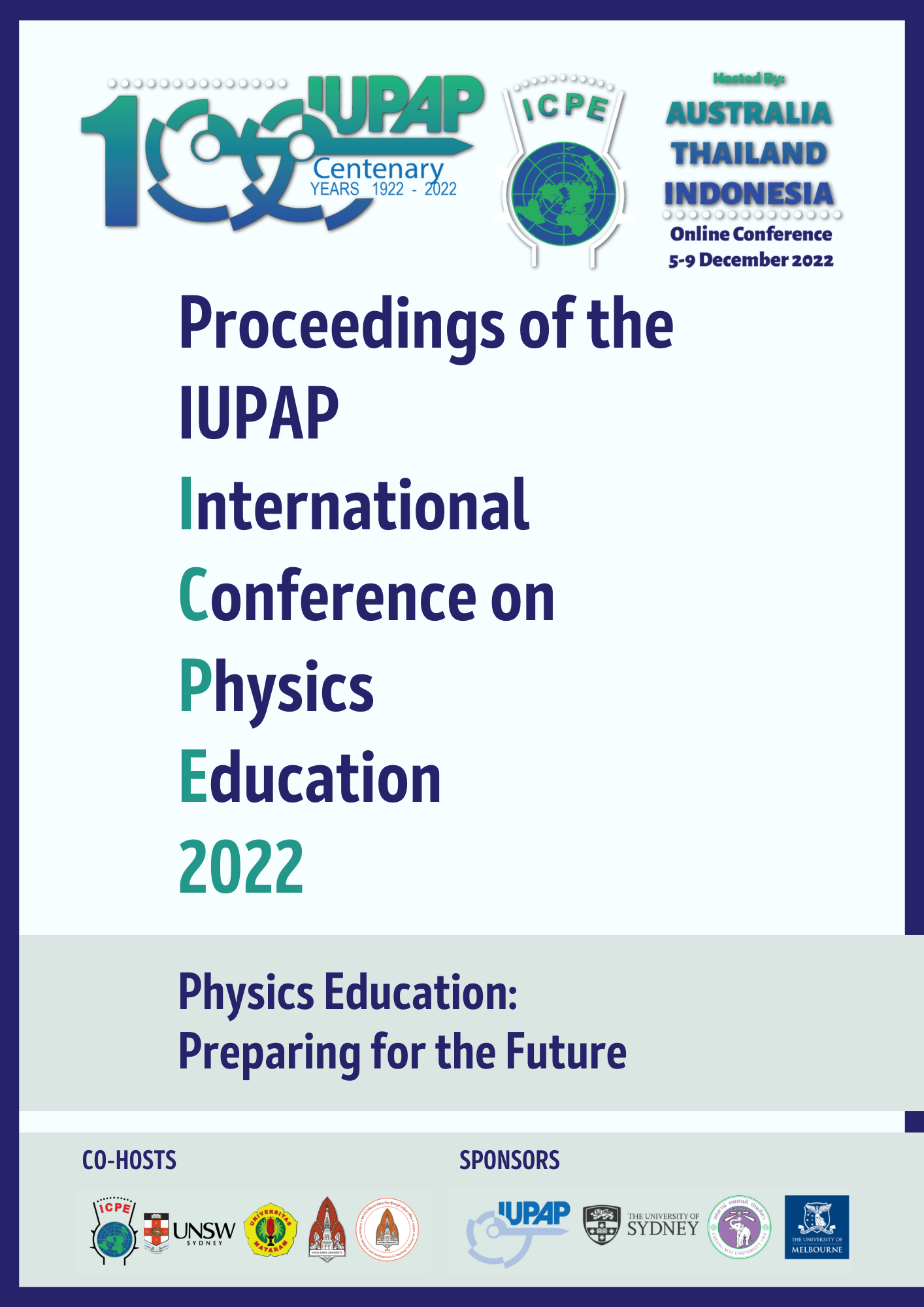STEM subjects and Generation Alpha
Keywords:
motivation, STEM, generation alphaAbstract
STEM teaching objectives in pre-service physics teacher education, so as in real school practice, must reflect the education needs of the 21st century. The aim of our research that has been carried out at the university (first term students and students leaving the university took part in this research) was to find out critical places in the study program. Critical places are parts of the curricula in which students often fail (graphs in kinematics, density, math word problems etc.).
The first challenge studied in this research was that the majority of the universities, especially those with a technical focus, have faced the problem of students leaving the university during their first year of study. A great number of higher education graduates enter the university with different levels of professional knowledge and different motivations to study the given field. It is a consequence of the admission without an entrance exam, the ignorance of the issues of the chosen field, and low motivation, especially to study university programs with a technical and scientific focus. The question is, what needs to be changed in the study program to vault the discrepancy between the strategy of education (science literacy), STEM education at secondary and high schools, and the content of the educational program for pre-service physics teachers at the university.
The research took place in 2019-2021 at universities in the Czech Republic, Austria, Italy, Lithuania, and Slovakia in the framework of the Erasmus+ project Bridge2Teach (https://www.bridge2teach-project.eu/index.html). At our university, 235 first year students, 56 senior students and 31 teachers were involved in this research. Findings of this research led to innovations of the study program in pre-service physics teacher education at the Science Faculty. Main ideas of the study program (STEM subjects, types of teaching practice) are oriented to the needs of Generation Z (born between mid-1990s and early 2010s), as well as Generation Alpha (born between mid-2010s and mid 2020s) students and the ways of their motivation.
Generation Z (and Alpha as well) is technologically literate, the teaching and learning activities should be more active (focus on how and why); students struggle to collaborate and demonstrate what they have learned and designed. The findings of the research showed us that the right way for motivation in STEM is to apply learning in various environments, use the potential of project based learning and problem based learning, include practical activities (hands on) into teaching and learning, use IBSE (inquiry based education). At our department a number of changes were realized – interdisciplinary modules were incorporated (Physics -Technique-Nature, IBSE in Physics, the scientific activity Researcher, Fermi problems). For the first term, university student bridging courses in mathematics, physics, biology and chemistry are offered. These courses should help students to overcome the gap between the high school knowledge and the needs of the university subjects in the beginning of their study.
Downloads
Published
Issue
Section
License
Authors who publish with the Proceedings of the International Conference on Physics Education 2022 agree to the following terms:
a) Authors retain copyright and grant the journal right of first publication with the work simultaneously licensed under a Creative Commons Attribution License (https://creativecommons.org/licenses/by/4.0/) that allows others to share the work with an acknowledgement of the work's authorship and initial publication in this journal.
b) Authors are able to enter into separate, additional contractual arrangements for the non-exclusive distribution of the journal's published version of the work (e.g., post it to an institutional repository or publish it in a book), with an acknowledgement of its initial publication in this journal.
c) Authors are permitted and encouraged to post their work online (e.g., in institutional repositories or on their website) prior to and during the submission process, as it can lead to productive exchanges, as well as earlier and greater citation of published work (See The Effect of Open Access - http://opcit.eprints.org/oacitation-biblio.html).
Privacy Statement The names and email addresses entered in the Proceedings of the International Conference on Physics Education 2022 site will be used exclusively for the stated purposes of this journal and will not be made available for any other purpose or to any other party.
